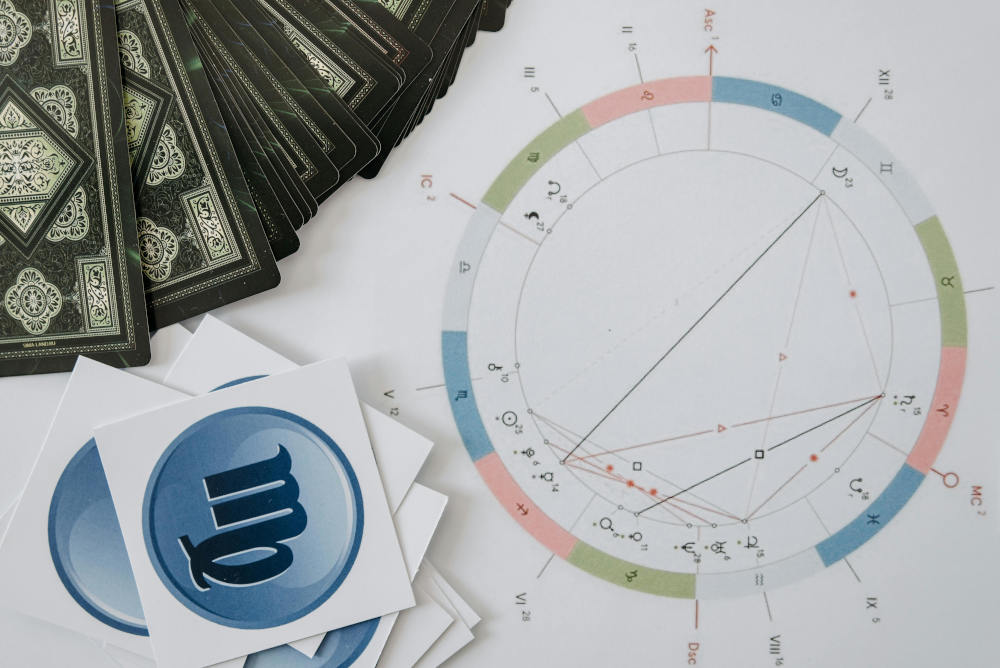
Astrology has captured human imagination for thousands of years. From birth charts to daily horoscopes, astrology claims to reveal insights about our personalities, relationships, and destinies based on the positions of celestial bodies. But when it comes to serious debate, one major question arises: Is astrology a science or merely a superstition?
The answer is not just academic. It reveals a deeper understanding of how humans seek meaning, pattern, and control over the uncertainties of life. Let’s explore the history, methods, criticisms, and current status of astrology to see where it truly belongs.
Panaprium est indépendant et pris en charge par les lecteurs. Si vous achetez quelque chose via notre lien, nous pouvons gagner une commission. Si vous le pouvez, veuillez nous soutenir sur une base mensuelle. La mise en place prend moins d'une minute et vous aurez un impact important chaque mois. Merci!
What Is Astrology?
Astrology is the belief that the positions and movements of celestial bodies — like stars, planets, the sun, and the moon — influence human affairs and natural events.
It’s a broad system that includes:
-
Western astrology (the 12 zodiac signs)
-
Vedic or Indian astrology (Jyotish)
-
Chinese astrology (animal years and elemental cycles)
Astrologers create birth charts by mapping the sky at the time of someone’s birth, interpreting patterns to describe personality traits, potential life paths, and future events.
But does this practice hold up to scientific standards?
Or is it simply a form of superstition — a belief without rational or empirical support?
What Defines a Science?
Before we can judge astrology, we need to define science.
Science is characterized by:
-
Observation: Gathering evidence about natural phenomena.
-
Experimentation: Testing hypotheses through repeatable experiments.
-
Falsifiability: A scientific idea must be capable of being proven wrong through evidence.
-
Peer review: Scientific findings are published, scrutinized, and verified by the community.
Scientific fields like biology, physics, and chemistry thrive because they follow these rigorous processes.
Now, does astrology meet these standards?
Astrology’s Ancient Roots: An Early Attempt at Science
In ancient times, astrology and astronomy were virtually the same field.
-
Babylonian astrologers meticulously recorded planetary movements and eclipses.
-
Ancient Egyptian priests used star alignments to build pyramids and plan agricultural seasons.
-
Greek thinkers like Ptolemy tried to systematize astrology into logical theories, producing influential works like Tetrabiblos.
Early astrology involved careful observation of the skies, an important scientific behavior.
In fact, early astrology was humanity’s first attempt to find order and predictability in nature.
But as scientific methods evolved, a major split occurred between astronomy (science of celestial objects) and astrology (interpretation of their supposed influence on life).
Scientific Criticism of Astrology
Modern science has largely rejected astrology. Here’s why:
1. Lack of Empirical Evidence
Numerous scientific studies have tested astrology’s claims — and found little support.
-
Carlson’s Double-Blind Test (1985): One of the most rigorous studies on astrology, where professional astrologers failed to match birth charts to individuals better than random guessing.
-
Shawn Carlson concluded that astrology performed no better than chance under controlled conditions.
Astrology’s predictions are often too vague, general, or self-confirming (people interpret them in ways that seem true).
2. The Problem of Mechanism
Science demands a mechanism: a physical process explaining how one thing affects another.
-
How could the distant position of Mars at your birth impact your love life?
-
Why would a star hundreds of light-years away influence your career?
Astrology has no plausible physical mechanism for such influences.
Gravity, radiation, and magnetism are well-understood forces — and none operate in a way that supports astrological claims.
Without a testable mechanism, astrology fails a key scientific requirement.
3. Lack of Consistency and Replicability
Science values results that are consistent and replicable across time, people, and experiments.
Astrological readings vary widely:
-
Different astrologers can give different interpretations of the same chart.
-
Predictions often contradict each other or are so general they can apply to anyone.
If astrology were a science, its results would be consistent and repeatable under the same conditions — but they are not.
Why Then Do So Many People Believe in Astrology?
Despite scientific rejection, astrology remains hugely popular.
Why?
1. Psychological Biases
Humans are wired to find patterns — even where none exist.
-
Confirmation bias: We notice when astrology predictions come true and ignore when they don’t.
-
Barnum effect: We believe general statements (e.g., "You sometimes doubt yourself but also have great potential") apply personally to us.
Astrology feeds these natural biases, making it feel accurate and personal even when it’s not scientifically valid.
2. Emotional Comfort
Astrology offers a comforting framework:
-
It gives people a sense of control over unpredictable life events.
-
It provides explanations for challenges and successes.
-
It offers hope for future possibilities.
Especially during uncertain times, astrology’s promises of meaning and order can be deeply soothing — fulfilling emotional and psychological needs science doesn’t always address directly.
3. Identity and Community
For many, astrology isn’t just about predictions — it’s about self-understanding and social connection.
-
Zodiac memes, birth chart readings, and astrological discussions create communities.
-
Identifying as a "Virgo" or "Leo rising" becomes a shared language for exploring personality.
In this way, astrology functions more like a cultural phenomenon than a scientific system.
Astrology as a Symbolic or Psychological Tool
Some modern thinkers argue astrology shouldn’t be judged by scientific standards at all.
Instead, they view it as:
-
A symbolic language that explores human nature.
-
A form of narrative therapy, helping people reflect on life through cosmic metaphors.
-
An archetypal system, similar to mythology or Jungian psychology.
When approached as art, storytelling, or self-exploration, astrology doesn't need to be "true" in a scientific sense to have value.
But this also means astrology is better classified as mythology, philosophy, or art — not science.
Is Astrology a Superstition?
Let’s now define superstition.
Superstition is:
-
A belief not based on reason or scientific knowledge.
-
A belief that connects unrelated events or forces (e.g., thinking a black cat crossing your path causes bad luck).
Astrology fits many definitions of superstition:
-
It attributes personal traits and future events to unrelated cosmic movements.
-
Its claims lack scientific backing.
-
Belief persists through tradition, emotion, and cultural reinforcement, not empirical proof.
Thus, scientifically speaking, astrology is more accurately considered a superstition than a science.
But unlike many superstitions, astrology is highly structured, symbolically rich, and often integrated into broader philosophical or psychological systems — which is why it holds enduring cultural appeal.
Modern Science’s Stance on Astrology
Most scientific organizations officially reject astrology.
For example:
-
The American Association for the Advancement of Science calls astrology a pseudoscience.
-
A 2005 Gallup poll found that while many Americans read horoscopes, very few scientists see astrology as credible.
At best, some researchers study astrology sociologically — examining its role in human culture — rather than considering it a method for truth.
Conclusion: A Superstition, Not a Science — But Still Meaningful
In conclusion, astrology is not a science by modern definitions.
It lacks empirical evidence, a testable mechanism, consistency, and replicability.
Thus, it fits better under the category of superstition.
However, that doesn’t mean astrology is "worthless" or "foolish."
-
As a symbolic system, it offers profound tools for storytelling, identity exploration, emotional comfort, and community building.
-
As a cultural phenomenon, it highlights the timeless human desire for meaning, pattern, and cosmic connection.
Astrology's power lies not in objective fact, but in subjective meaning.
Whether you see it as an entertaining curiosity, a guide for personal growth, or simply a historical artifact, astrology reveals as much about humanity’s inner universe as it does about the stars above.
Cet article vous a-t-il été utile ? S'il vous plaît dites-nous ce que vous avez aimé ou n'avez pas aimé dans les commentaires ci-dessous.
About the Author: Alex Assoune
Contre Quoi Nous Luttons
Les groupes multinationaux surproduisent des produits bon marché dans les pays les plus pauvres.
Des usines de production où les conditions s’apparentent à celles d’ateliers clandestins et qui sous-payent les travailleurs.
Des conglomérats médiatiques faisant la promotion de produits non éthiques et non durables.
De mauvais acteurs encourageant la surconsommation par un comportement inconscient.
- - - -
Heureusement, nous avons nos supporters, dont vous.
Panaprium est financé par des lecteurs comme vous qui souhaitent nous rejoindre dans notre mission visant à rendre le monde entièrement respectueux de l'environnement.
Si vous le pouvez, veuillez nous soutenir sur une base mensuelle. Cela prend moins d'une minute et vous aurez un impact important chaque mois. Merci.



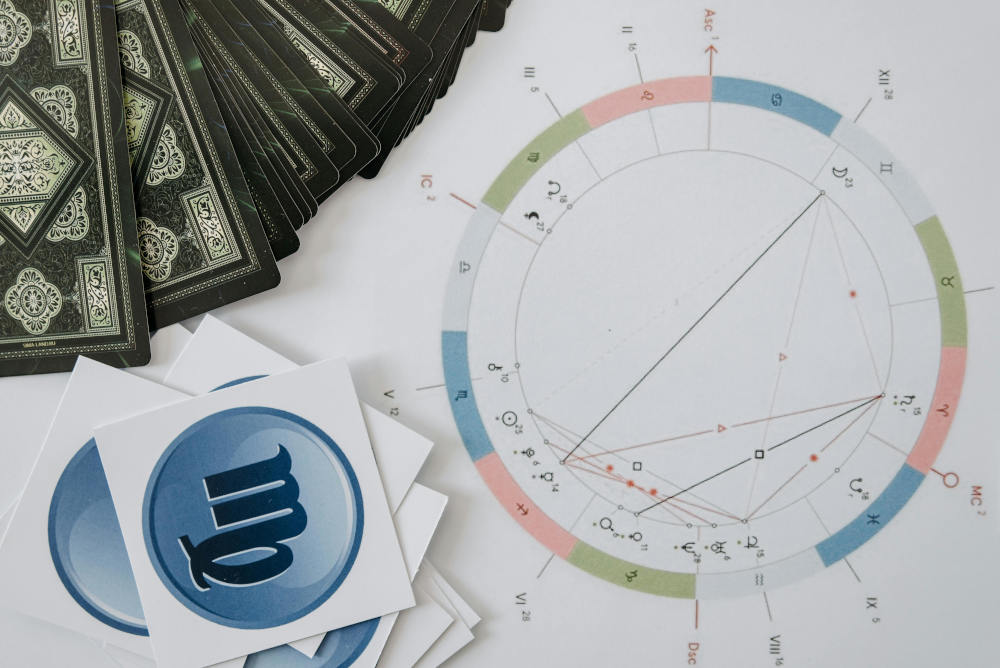
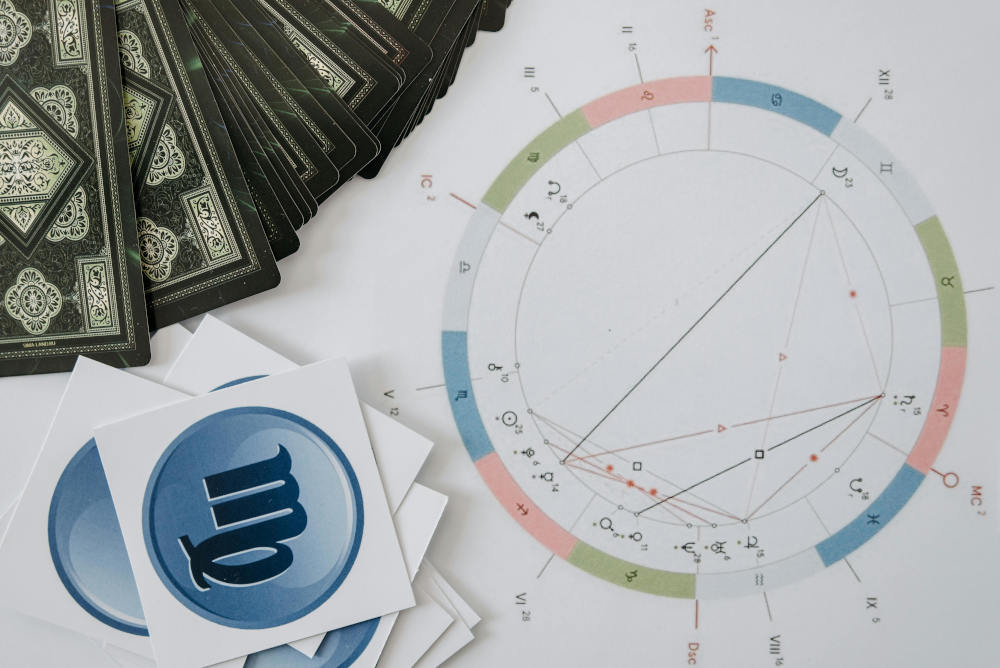
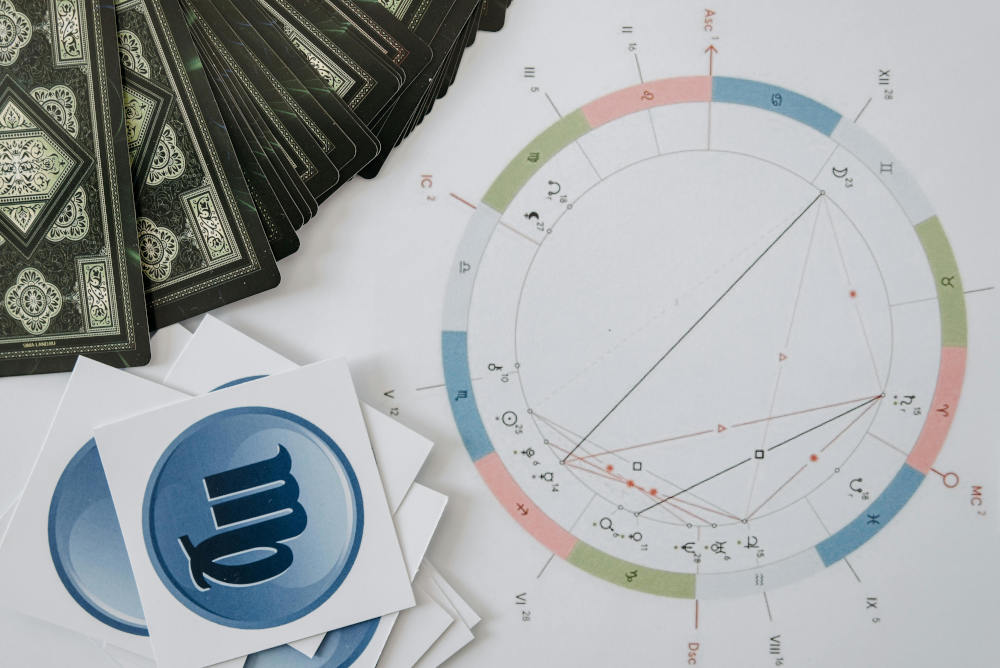





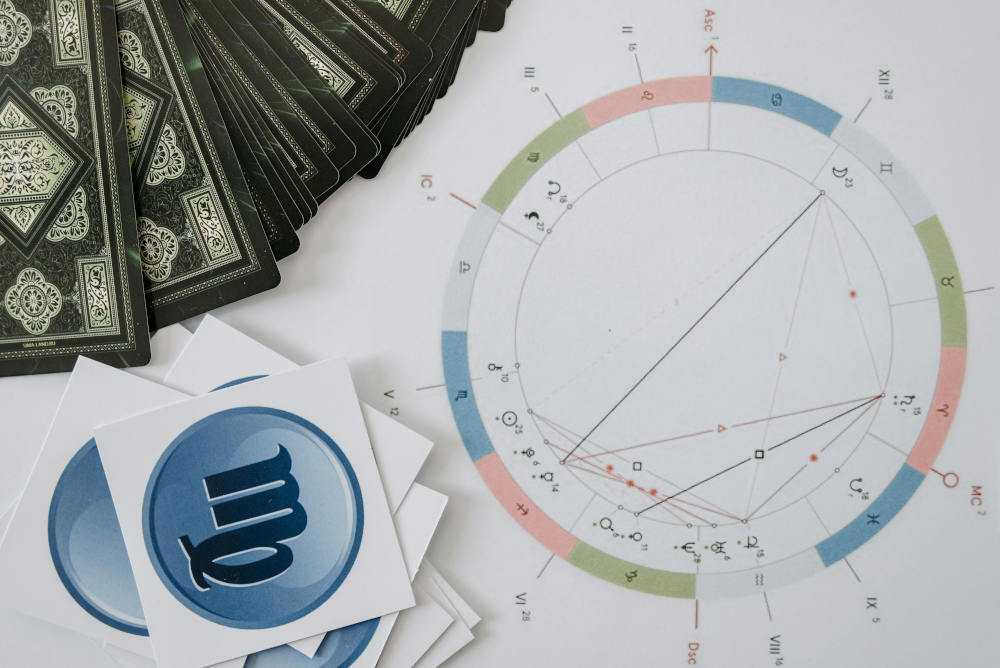










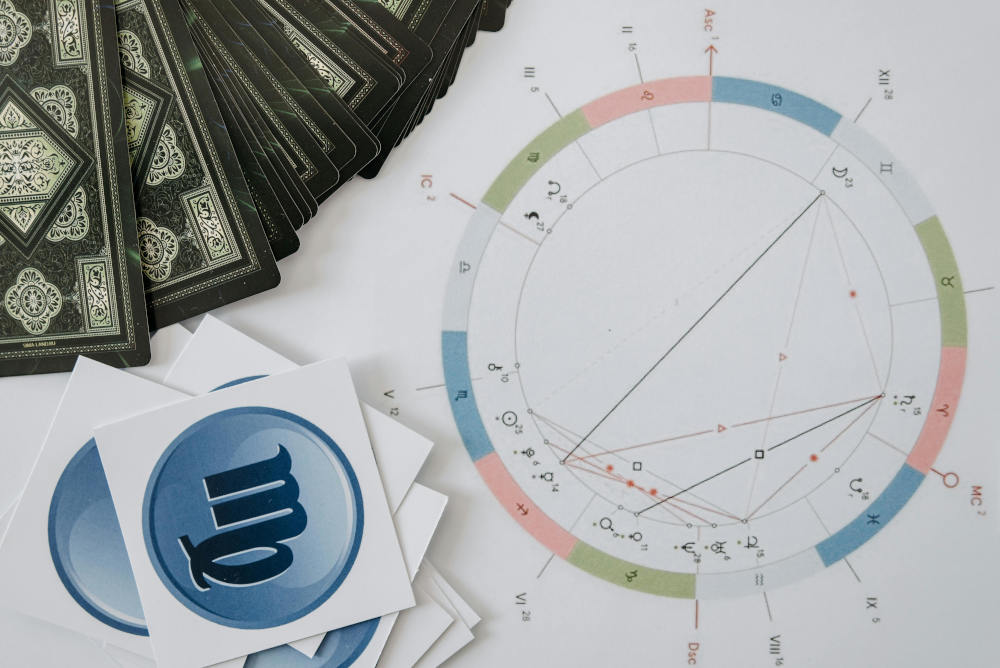



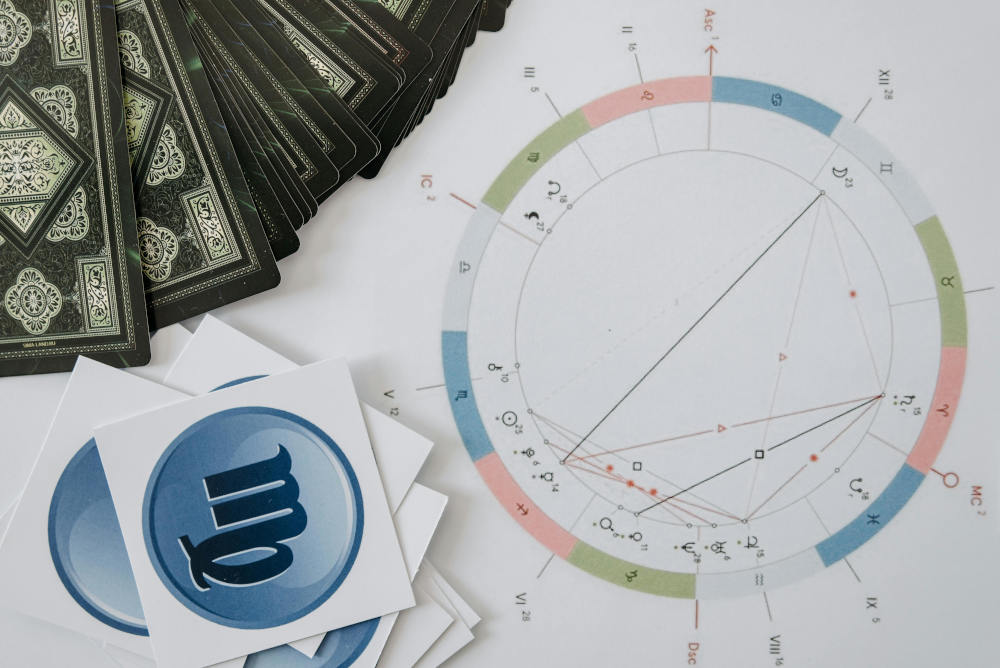




0 commentaires